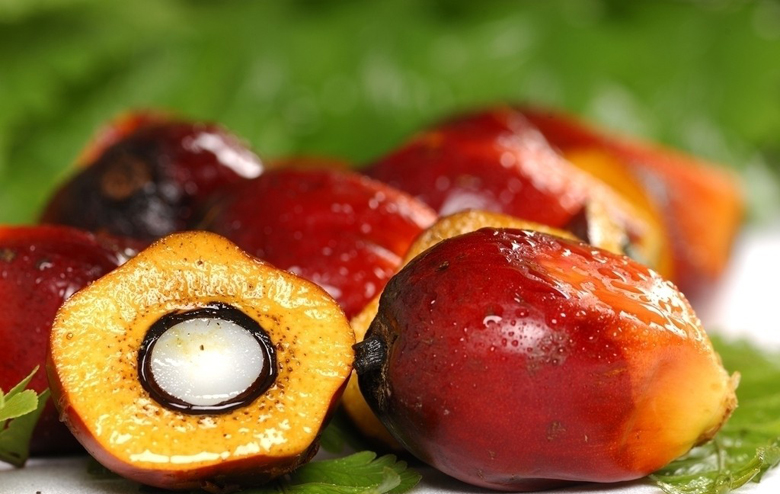Palm oil introduction
Palm oil is also known as saturated oil, because it contains 50% saturated fat. Pam oil consists of saturated fat, monounsaturated fat and polyunsaturated fat through blending. Human body owns high digestion and absorption of palm oil with high ratio of exceeding 97%. Different from other kinds of vegetable oils, palm oil itself does not contain cholesterol.
Palm oil is an important ingredient in fat, moderate property is a good material for the manufacture of food. It has the nature of high solid content, allowing food to avoid hydrogenation of glycerol and maintain stable and effective resistance to oxidation. It is also suitable for hot climates become good sauce pastry and bakery products. Palm oil is deeply popular in food industry.
Palm oil is rich in natural vitamin E and tocotrienols (600-1000mg/kg), carotenoids (500-700mg/kg) and linoleic acid (10%) is very beneficial to human health. Some researchers have studied separately for different races (Europe, America, Asia), the results showed that palm oil is an edible vegetable oil in full compliance with health needs.

Palm oil advantages
As high saturation oil, palm oil has been speculated there may be an increase in human serum cholesterol. But after further experiments demonstration many exports found that consumption of palm oil will not increase serum cholesterol, but there is a trend to lower cholesterol. Lots of research data shows that the effects of different saturated fatty acid on serum lipids is different, palm oil rice in neutral fatty substances causes increased cholesterol content in palm minimal of only 1%.
Palm oil wide applications
Palm oil in the world, is widely used in cooking and food manufacturing. It is used as cooking oil, crispy fat and margarine to use. The same as other edible oil, palm oil can be easily digested, absorbed, and promote human body health.
